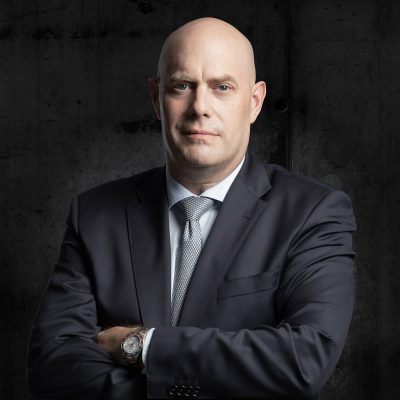Money Laundering Officer
Money Laundering Officer
As part of a national risk analysis, the German Federal Ministry of Finance classified the gambling sector with a high money laundering threat in October 2019, which prompted the German legislator to once again tighten the Money Laundering Act (GwG) and massively expand the group of obligated parties, especially in the gambling sector.
As a result of the implementation of the Fourth Money Laundering Directive, the national prevention of money laundering now covers not only casinos and gambling providers on the internet as obligated parties under the Money Laundering Act (GwG), but in principle the entire gambling sector. The only exceptions to this are the gambling sectors listed exhaustively under § 2 Sec. 15(a)-(d) of the Money Laundering Act (e.g., operators of slot machines under § 33c of the Industrial Code).
Particular importance in fighting money laundering is attached to the sports betting sector, regardless of whether the sports betting is offered terrestrially (i.e. on site) or on the internet. The legal obligations under the AMLA apply not only to the organizer of sports betting, but also to the (franchised) intermediary, i.e. the operator of the local betting office (betting shop and betting acceptance office).
A large number of obligations have now been imposed on the organizers/brokers of sports betting, which include the following in particular:
- Appointing a qualified money laundering officer (§ 7 para.1 GwG),
- Preparation of a risk analysis (§ 5 GwG),
- Preparation of internal policies, procedures and controls (§ 6 Sec. 2 AMLA),
- Establishment of a comprehensive prevention system to prevent money laundering/terrorist financing (§ 6 Sec. 2 No. 4 AMLA),
- Appointing a member at management level as responsible person (§ 4 Sec. 3 GWG)
- Regular training of employees (§ 6 Sec. 2 Nr.6 GwG),
- Establishing a reporting office for employees (§ 6 Sec. 5 GwG),
- Identification of the contracting party (§ 10 Sec. 1 No.1 GwG)
- Clarification of the beneficial owner (§ 10 Sec.1 Nr. 2 GwG)
- Continuous monitoring of business relationships (§ 10 Abs. 1 No. 5 GwG)
- Immediate reporting of suspicious cases to the Financial Intelligence Unit (FIU)
- Record-keeping and storage obligations (§ 6 Abs. 2 No. 1d) GwG, § 8 GwG)
For a long time, the fight against money laundering and terrorist financing was a sleeping beauty in Germany. However, with numerous amendments to the Money Laundering Act (GwG), the legislator has now declared war on money laundering and imposed a large number of obligations on the companies concerned.
From risk analysis and the recommendation and implementation of suitable internal measures to the appointment of an anti-money laundering officer, we offer our clients a customized all-round package with practical concepts and solutions.
Contact



